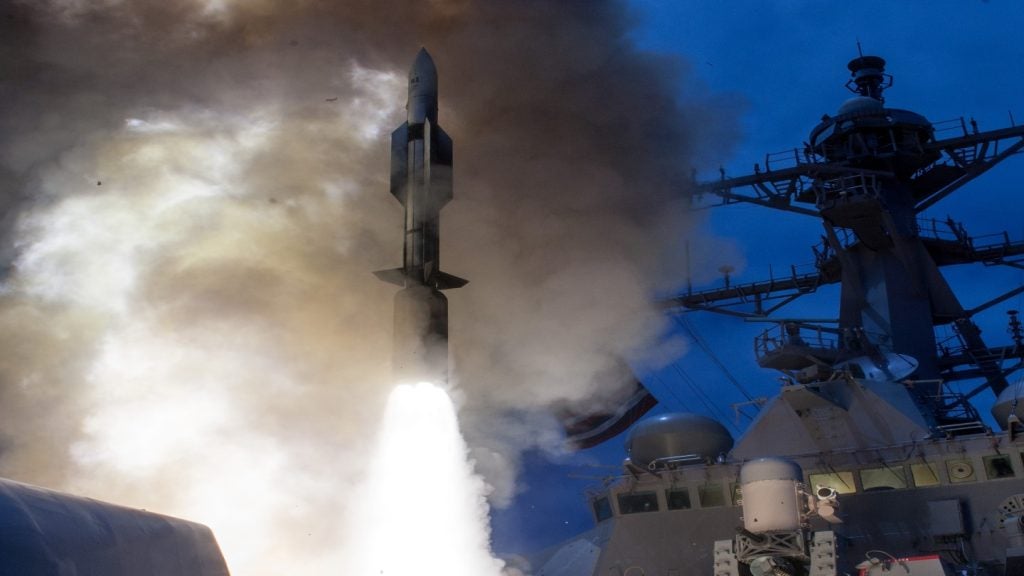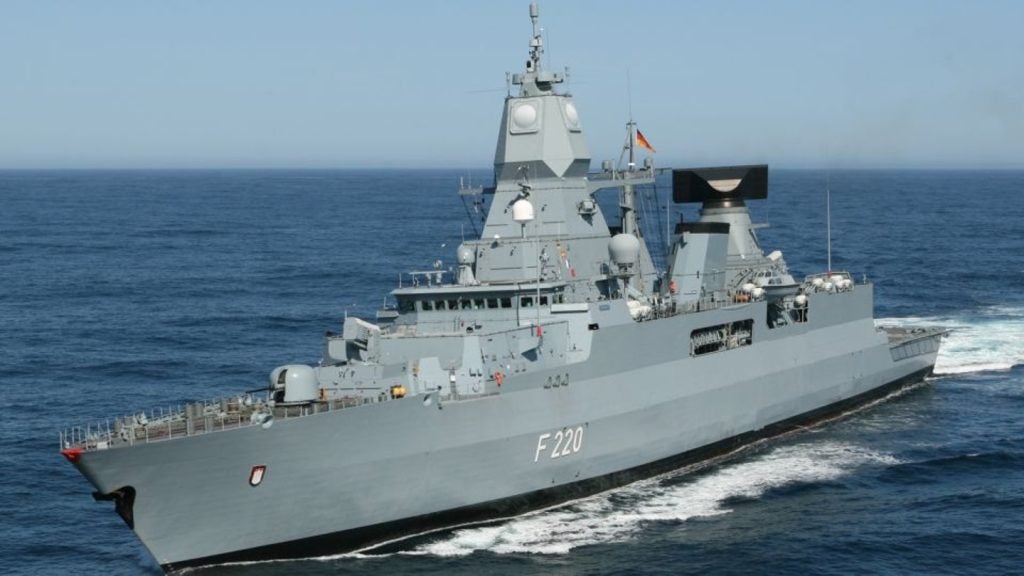

A new study has found that laser-based technology can serve as complementary solution to sonar sensors in detection and identification of underwater targets, especially in shallow waters, complex marine regions and inaccessible locations.
The research was commissioned by the European Defence Agency (EDA) and carried out by a consortium comprising the Swedish defence research body FOI and the French-German Institute of Saint-Louis (ISL).
EDA's study was based on the use of both Light Detection and Ranging (LIDAR) and Laser Detection and Ranging (LADAR) laser systems.
The study found that the technologies could be successfully incorporated into existing solutions for detection and identification of underwater targets, especially if they are located in difficult operating conditions such as in the Baltic Sea.
The use of laser systems is expected to improve detection and identification times compared to sonar systems. For instance, airborne laser scanning can be deployed rapidly, which helps to detect underwater or floating objects.
Airborne laser scanning can also identify different types of targets, provided that the target is large enough, and in such cases, it is feasible to deploy a surface or underwater vessel equipped with a Laser Gated Viewing (LGV) or Underwater Laser Scanning (ULS) system to confirm the target.
How well do you really know your competitors?
Access the most comprehensive Company Profiles on the market, powered by GlobalData. Save hours of research. Gain competitive edge.

Thank you!
Your download email will arrive shortly
Not ready to buy yet? Download a free sample
We are confident about the unique quality of our Company Profiles. However, we want you to make the most beneficial decision for your business, so we offer a free sample that you can download by submitting the below form
By GlobalDataImage: Laser technology helps in detection and identification of underwater targets. Photo: Courtesy of European Defence Agency.







